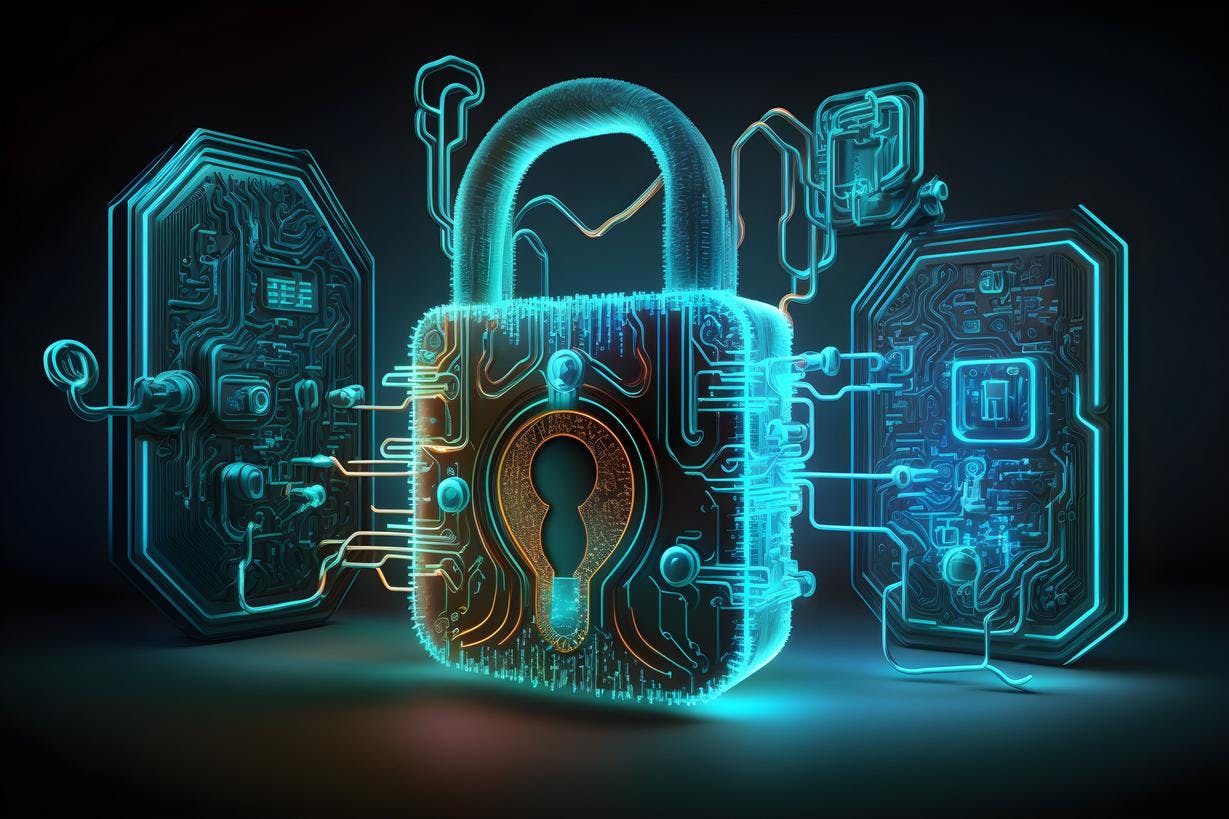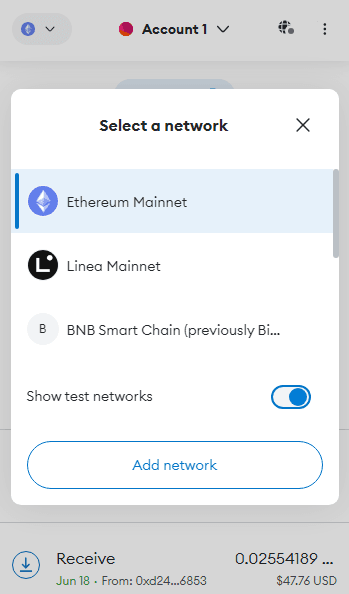
Top 10 Ways to Avoid Losing Your Crypto
13 Jul 2023

13 Jul 2023
One of the most important things to learn when entering the crypto space is how NOT to lose your crypto. Believe it or not, there are a lot of ways for this to happen, especially for newbies. But these top 10 strategies to avoid losing crypto assets actually apply to everyone, no matter your level of expertise in crypto investing.
From losing the private keys to your crypto, to getting “catfished” or having your assets locked on an exchange, losing your crypto holdings is a worst case scenario. Some people may lose their assets through SIM swap scams, or even through a general lack of understanding of the complexities of digital assets.
We want you to avoid losing your precious crypto at all costs. The following strategies were designed to help you keep your crypto safe and secure.
Self-custody refers to a method of crypto storage where you maintain full control and ownership over the assets by storing and securing your private keys. The opposite would be to store crypto on a centralized exchange or platform, where the private keys are held and controlled by the centralized entity.
Having a self-custodial wallet means you are in charge, but there are several ways to go about self-custody:
Just remember to never use crypto exchanges for storage so you never have to worry about losing your crypto during an asset freeze!

Source: @WatcherGuru on Twitter
Generally, there are two important reasons to double check your crypto transactions:

MetaMask Wallet - Choosing your network
Many people fall right in love with crypto and want to try everything on every protocol. They soon learn that this can get expensive, as gas fees for transactions can vary. Gas fees are the transactional costs for using a blockchain like Ethereum, and they can vary.
For instance, when there is high demand such as during a hyped up token generation event, gas fees can skyrocket. Fees also vary by the complexity of the transaction or even the time of day.
![]()
Source: Etherscan Ethereum Gas Tracker
Although crypto is officially only 13 years old, it’s time to start thinking about your digital asset legacy. Whatever scheme you have to access your crypto assets should be shared with someone you trust. That way, if something were to happen to you, your next of kin or other trusted confidante would be able to access the assets.
Not your keys, not your coin. You’ve heard it over and over if you follow crypto social media. So, what are the best ways to safely store your crypto keys? Here are a few options:

With a gaping lack of regulation in global crypto markets, risky strategies like 100x leverage trading and derivative markets have given the average Joe a chance to profit alongside the big leagues. But if you don’t have big league knowledge on markets and risks, it’s more likely to result in big league losses.
Follow your favorite technical analysts, chart your heart away, but be realistic about your trading ability. If you’re new to crypto markets:
If you have wallet apps on your phone and the primary source of your private keys is that phone, you must take extra precautions. Two Factor Authentication (2FA) is one way to avoid losing your crypto to scams like SIM swaps..
SIM swap attacks are quite common in the crypto world. A scammer will scrape data looking for enough personal information on a victim to impersonate them. They contact the victim’s cell phone carrier claiming to be you and convince them to transfer your phone number to the scammer’s device.
The crypto industry is a new and highly unregulated space. Talking about your crypto holdings online at this point is just asking for trouble. Don’t give attackers any information they can use to try and socially engineer the crypto right out of you.
Be aware of the main risks you take when interacting with crypto industry software and applications, whether decentralized or centralized.
Always use common sense: triple-check any links before clicking, verify the correct URL of a website you are entering, and stay safe!!
Most of the ways to lose crypto can be avoided altogether by using Gridlock Wallet. With distributed key generation, the private key is never in just one place, yet it’s totally controlled by you.
Gridlock lets you set up trusted Guardians using threshold signature technology. So instead of your private keys being generated onto your phone or another device, you now have a network of devices that you choose, each with a share of the private key. This creates a much higher level of security and removes many of the access points for even the most advanced scammers.
If you never want to lose your crypto (ever again :), download Gridlock today and experience an unprecedented level of security for your digital assets.
- - -
Written by Reid Zedkongor

Reid Zedkongor is peeling away layers of confusion around blockchain and cybersecurity. With a computer engineering background, he can dive into the details of crypto complexities to make crypto adoption easy for everyone. In his free time, he often reads fiction or enjoys a good laugh over a beer.